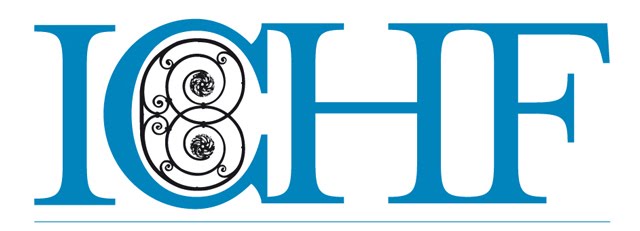We have been asked how proposals (also known as abstracts) for papers for
ICHF 2011 are selected. Please see the blogs below for details of how and when proposals were to be submitted. Please note that the closing date for the submission of proposals has now passed and cannot be accpted - not for this conference away!
This blog entry is to outline the process used to select proposals submitted by the closing date for
ICHF 2011.
The process of selecting proposals is known as 'blind peer review' which ensures the anonymity of those submitting proposals. In this way the identity of members of the
Academic Committee commenting on the proposals is unknown to the researcher who submitted the proposal.
All proposals are sent to an independent body, in the case of
ICHF this is the conference organiser (
Northern Networking Events), who have no connection with the
Academic Committee. Once the deadline for the submission of proposals has passed all references to the author are removed in order that they cannot be attributed to any individual. In other words all that remains is a succinct resume of the author's idea for the paper to be presented at the conference.
These ideas (proposals) are then sent to the Chairman of the
Academic Committee who examines them before sending them onto members of the committee for their scrutiny. Neither he, nor they, have any knowledge as to the identity of the author of the proposal. They then assess the proposals on the basis of their expert knowledge. There are three recommendations that members can offer: Accept, Accept with Modifications or Reject. This is known as the 'Green, Amber and Red' system and allows for the fairest and most accurate means of assessment.
Proposals which receive Green or Red decisions obviously mean Accept or Reject. The other category which means 'undecided' is Amber. This is a tentative acceptance of the proposal but one with qualifications. This means that committee members think that the proposal has merit but needs some further refinement. The recommendations of the committee as to how best to adjust the proposal are communicated to the author who must re-submit their proposal in light of the comments of the members of the
Academic Committee.
The next blog will explain what happens next...
The ICHF Team

